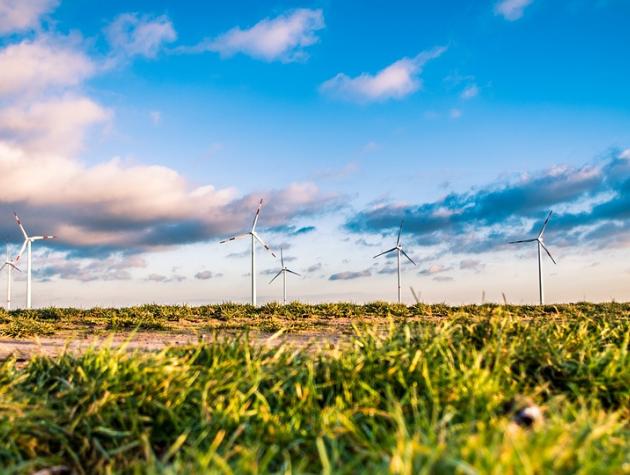GEG WP 2009/53 Avoiding Dangerous Climate Change - Why Financing for Technology Transfer Matters
With the countdown to the crucial climate change summit in Copenhagen now well underway, prospects for a breakthrough appear limited. Behind the increasingly intensive negotiating activity, familiar divisions continue to hamper progress. The deadlock between developed countries and the major developing countries over the timing, pace and distribution of commitments to cut greenhouse gas emissions has emerged as a potential deal-breaker in Copenhagen. Failure to resolve the deadlock will have grave consequences, calling into question prospects for avoiding dangerous climate change.
This paper argues that technology transfer holds the key to a substantive agreement in Copenhagen. It sets out the case for the creation of a Low Carbon Technology and Finance Facility (LCTFF) to mobilise around $50bn annually by 2020 in public finance, with additional amounts leveraged through private investment. The facility would cover the incremental costs of financing national mitigation efforts in developing countries, enabling them to achieve carbon stabilisation targets without compromising national poverty reduction efforts. Mechanisms would include concessional finance, interest rate subsidies and risk guarantees.
Author Bios







